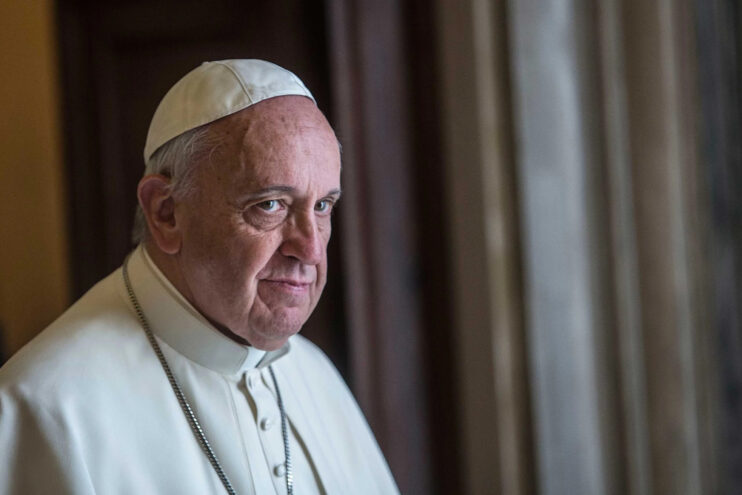
Pope Francis Continues to Wage War on Traditional Latin Mass
The Vatican press office released a short text on Tuesday called a “rescript,” in which Pope Francis officially confirmed that permission to celebrate the old Mass may not be granted by diocesan bishops around the world, but that all such decisions must pass through the Vatican for approval.
On several occasions the Pope has referred to those who prefer the traditional Mass as “retrograde.” The biggest blow to traditional Catholics came in 2021, when the pope issued an apostolic letter ironically titled Traditionis Custodes (“Guardians of Tradition”), in which he banned the celebration of the Traditional Latin Mass in Catholic parishes and lifted existing accommodations to priests who want to use the extraordinary form of the Catholic liturgy.
Francis asserts that the 1970 Roman Missal is not the “ordinary expression” but rather “the unique expression of the lex orandi of the Roman Rite,” but the Vatican’s own website states that “according to present norms, the Latin language still holds primacy of place as that language which, based on principle, the Church prefers, even though she recognizes that the vernacular can be useful for the faithful.”
The Vatican goes on to say that “Latin should be safeguarded as a precious inheritance of the Western liturgical tradition.”
Saint John Paul II urged the continued use of Latin in the Church to maintain ties with its own history and traditions. “The Roman Church has special obligations towards Latin, the splendid language of ancient Rome,” he wrote, adding that “she must manifest them whenever the occasion presents itself.”
Pope Francis has justified the reversal of the more inclusive approach of his predecessors by insisting that their pastoral kindness “was exploited to widen the gaps, reinforce the divergences, and encourage disagreements that injure the Church, block her path, and expose her to the peril of division.”
Of course, Francis’ war on the traditional Latin mass has done just that.